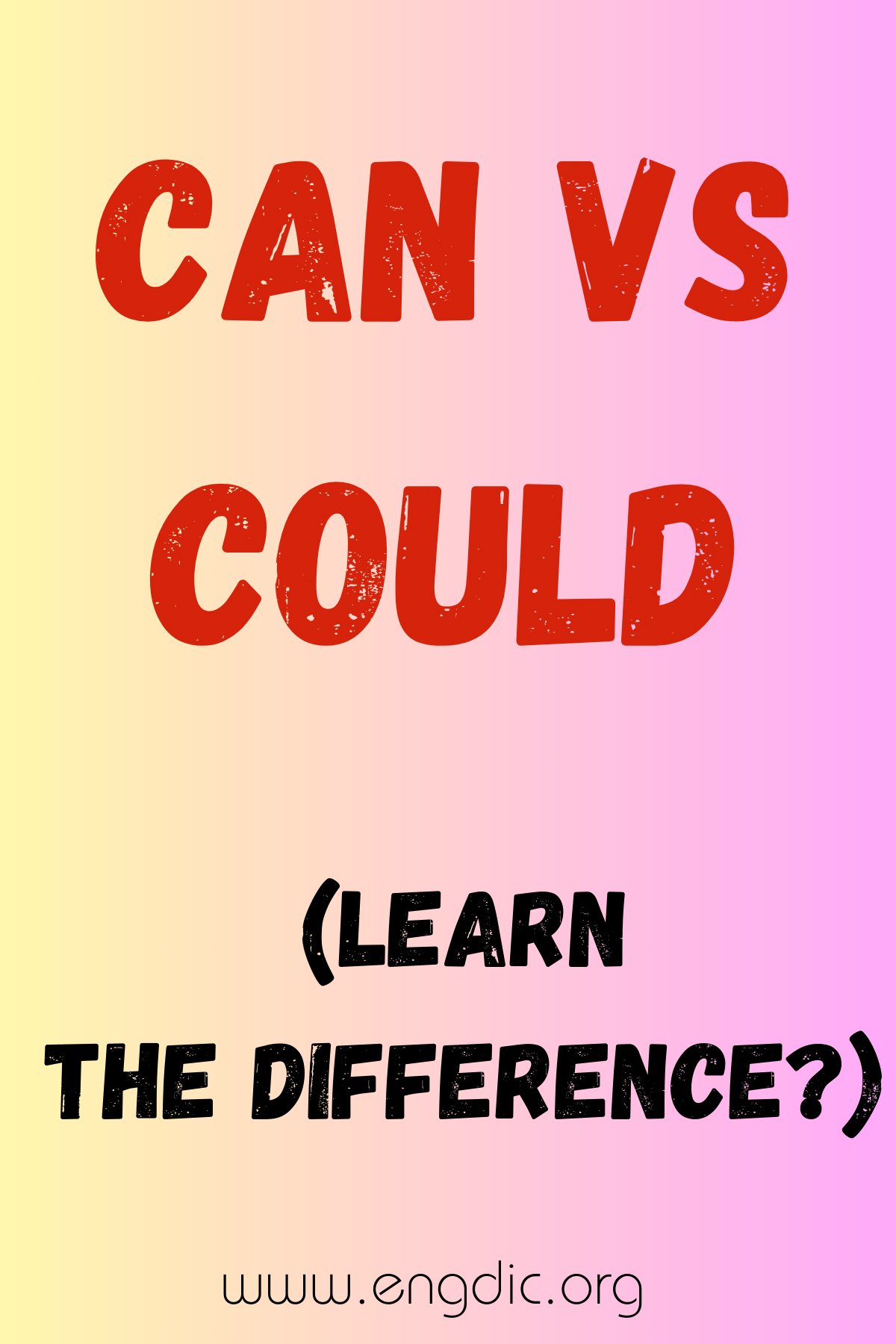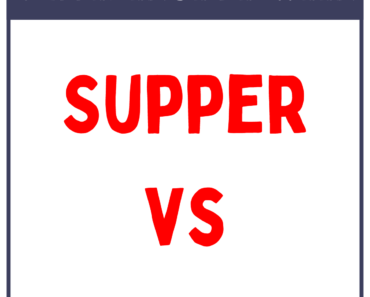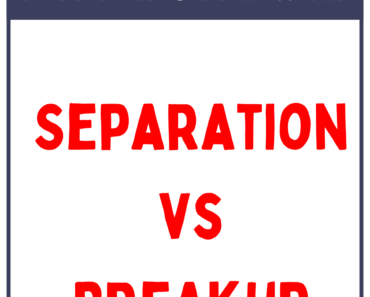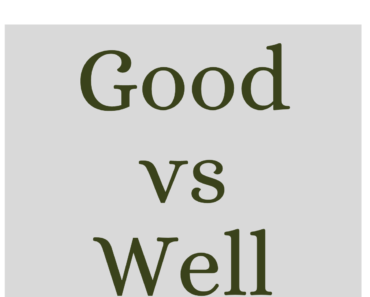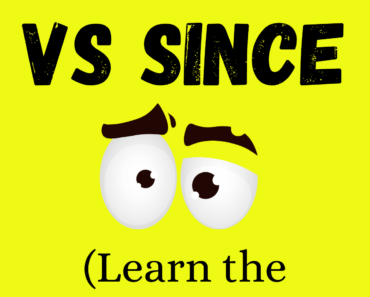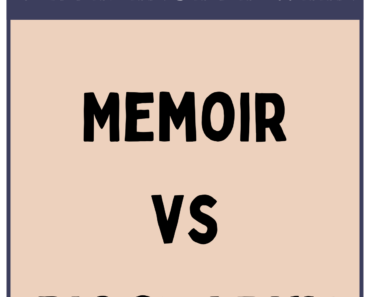“Can” and “Could” are both modal verbs used to express ability, possibility, or permission, but they differ primarily in terms of tense and the degree of certainty they convey.
“Can” is used in the present tense to indicate a definite ability or possibility, while “Could” is generally the past tense form of “Can” and is used to express a past ability. Additionally, “Could” can indicate a more tentative or hypothetical ability or permission in the present or future.
Can
Definition: “Can” is a modal verb used to express ability, permission, or possibility in the present tense.
Usage and Examples:
- Ability: “Can” indicates the capacity or power to do something.
Example: I can swim across the river. - Permission: It is also used to ask for or give permission in a more informal context.
Example: Can I borrow your book? - Possibility: “Can” suggests that something is possible.
Example: It can rain tomorrow, so take an umbrella.
Could
Definition: “Could” is the past tense of “Can,” used to express possibility, past ability, or to make polite requests and suggestions.
Usage and Examples:
- Past Ability: “Could” indicates an ability someone had in the past.
Example: When I was younger, I could run very fast. - Polite Requests: It is commonly used to make polite requests or suggestions.
Example: Could you please close the door? - Hypothetical Situations: “Could” is used for conditions or hypothetical scenarios.
Example: If I had the time, I could travel more.
